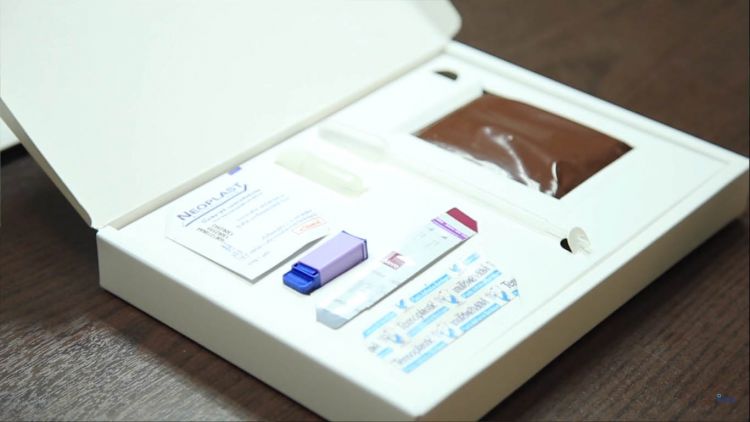Online HIV Testing for YMSM

In recent years, the treatments available for people living with HIV (PWH) have advanced to allow people to manage the condition. With established support systems and guidance to prevent the spread of HIV also improving, it is key that PWH are aware of their condition as early as possible in order to improve their prognosis and reduce HIV rates in the wider population.
In Thailand, HIV testing is available at hospitals and local clinics, and pharmaceutical treatment and counseling are provided by the state free of charge. However, among certain at-risk groups, such as young men who have sex with men (YMSM), rates of testing are lower than recommended by the World Health Organization (WHO). Assoc. Prof. Thomas Ebanan Guadamuz, from the Center of Excellence in Research on Gender Sexuality and Health, Faculty of Social Sciences and Humanities, Mahidol University, has been working to resolve this problem through the use of online HIV testing systems.
The preliminary research aimed to identify why YMSM are often reluctant to undertake regular HIV testing, and found that whilst individuals mostly have access to services in their local area, social stigma surrounding HIV transmission in the LGBT community can make many people nervous when accessing these services in person.

To solve this issue, the research team then started to develop an alternative method of testing, formulating an at-home testing kit, which is used in conjunction with online videoconferencing to provide assistance with performing the test, as well as to provide pre and post-test counseling.
The kit includes all of the necessary equipment for performing the test. This involves taking a drop of blood from the fingertip, which is then transferred to a testing strip. A drop of testing solution is then added to the blood sample, and after 15 minutes the color of the test strip indicates the results. Along with the self-test, the individual would also put a drop of blood on filter paper, which they can mail to a testing center to provide confirmation.
The home test would ideally be taken at 6-month intervals. Although the process is simple, the individual can perform the test whilst on a videocall with a registered nurse, who can talk them through each step. If the test results come back positive, the recipient will be encouraged to visit their local healthcare services so that they can begin treatment and receive face-to-face counselling.
The testing kits, along with the online support, were evaluated in a pilot study involving 75 randomly selected participants from an initial pool of 1,364 suitable candidates, who were found through applications, social media, and websites, targeted at YMSM. The pilot study aimed to discover how many of the initial candidates continued through all 3 self-tests, and if those who tested positive could be effectively connected with in-person treatment and counselling services. For the pilot study, the tests were administered at 3-month, rather than 6-month, intervals.
One of the subjects in the pilot test said, “I was impressed with this testing kit, because we are often afraid to test at hospitals and clinics. And so online testing fits well with the lifestyle of young MSM, it’s convenient, and provides another testing option for us.”
Before this study began, HIV self-test kits were approved in Thailand for research purposes only, not for commercial use, by the Thailand Food and Drug Administration (FDA). Following the feasibility and acceptability results of this study, along with another study conducted by the Thai Red Cross (Dr. Guadamuz is a collaborator in that study also), the FDA approved HIV self-test kits for commercial use in March 2019.